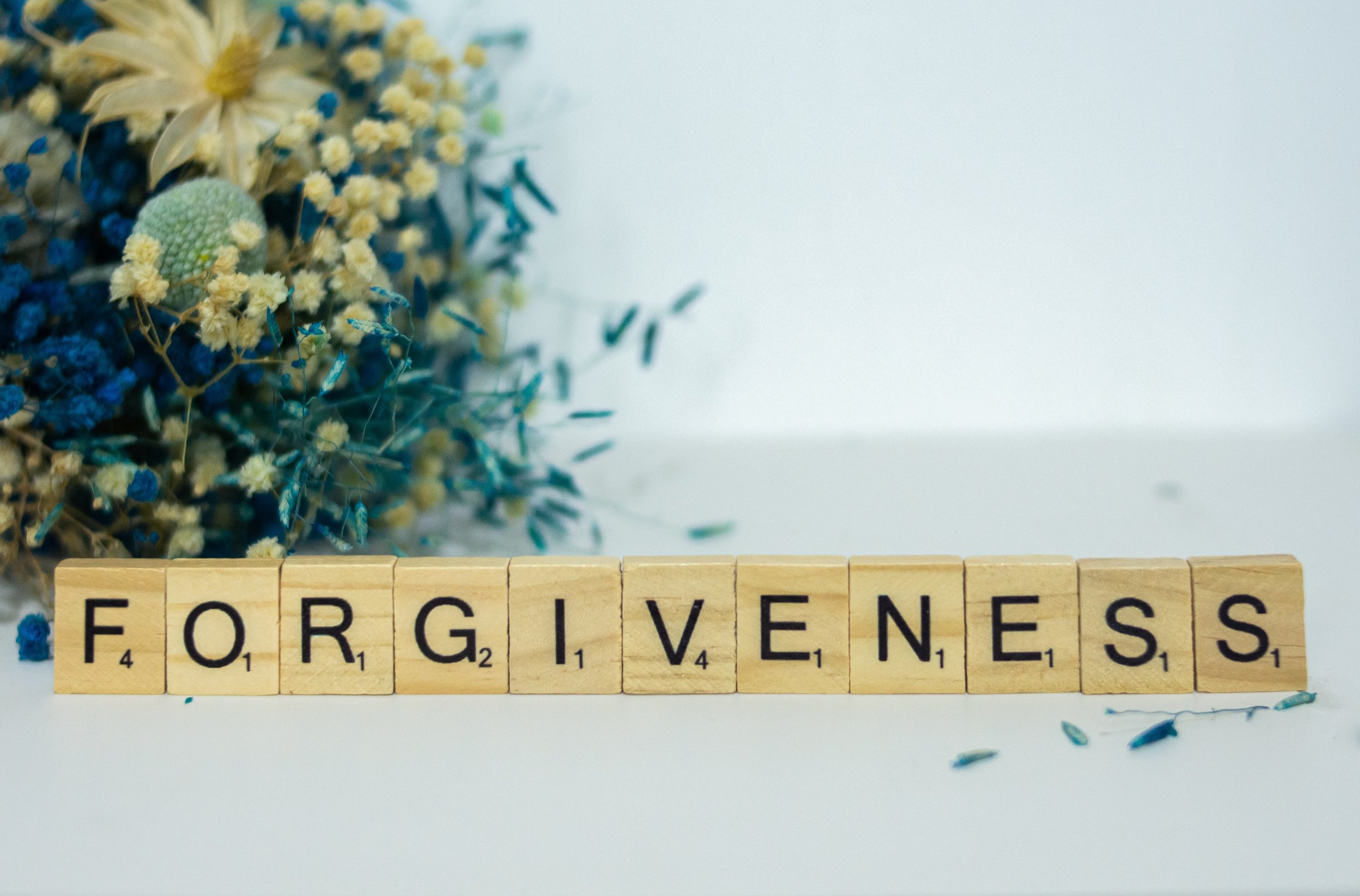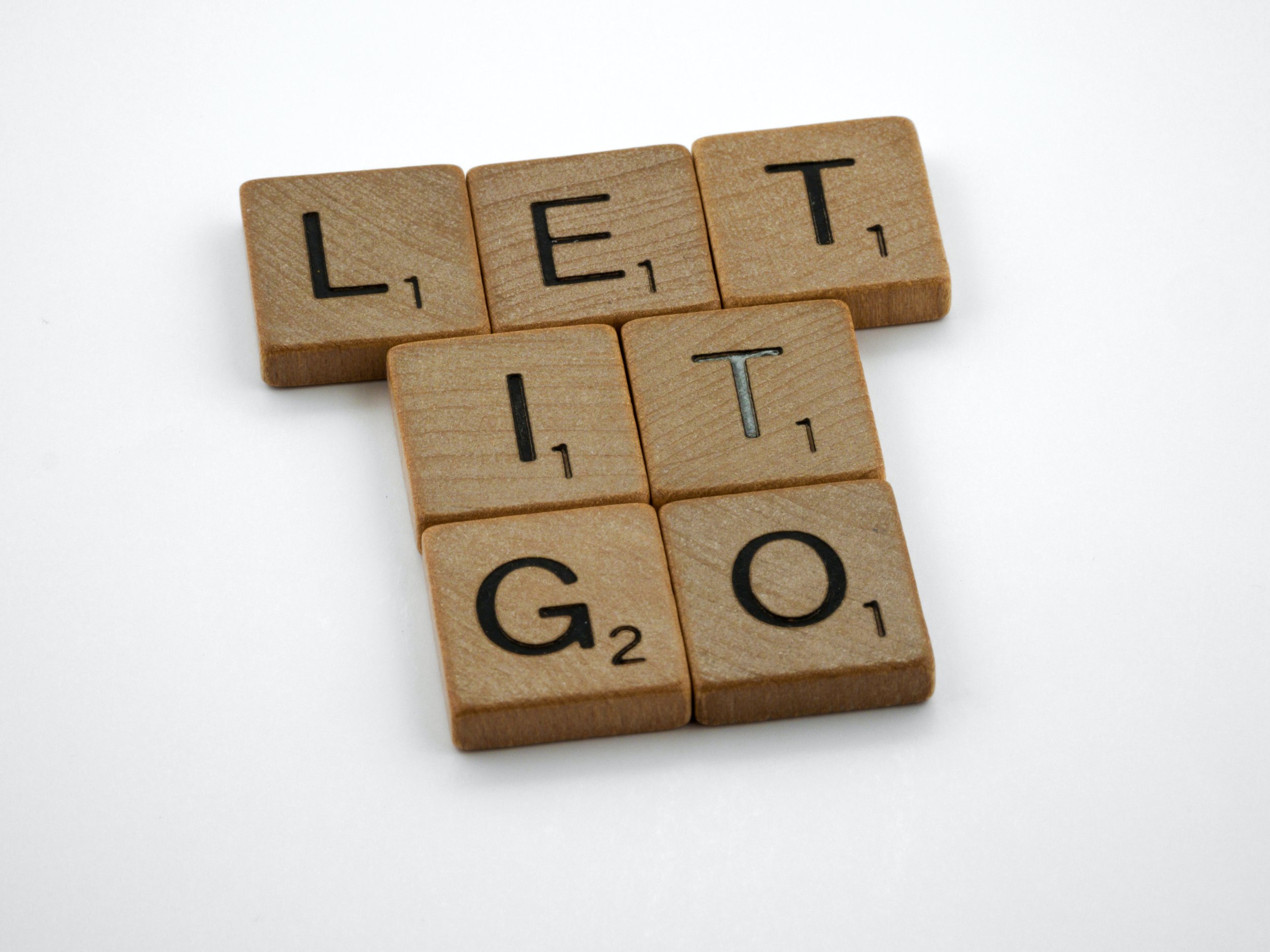By Emily J. Hooks
Empathy is the ability to walk a mile in another’s skin; to consider life from their perspective. It involves both an intellectual capacity to imagine and an emotional attunement to their experience. Empathy is an integral part of forgiving others and the self.
Forgiving Others
Let’s first look at why empathy matters when forgiving someone we perceive to have caused harm to us or somebody we love. For many, finding empathy for those who have hurt us is understandably difficult. No one wants to take the point of view of someone whom they resent or fear. Why would anyone want to envision the life of an abuser or a person whose values fundamentally differ from our own?
In The Power of Forgiveness, I talk about the skills we need to become forgiving.
Understand Your Story
Experience Your Emotional Pain
Cultivate Empathy
Learn to Release Judgment
It turns out that we can only get so far through the process without empathy. We can deconstruct and reimagine the stories we have about what happened; we can nurture and release our emotional pain; we can learn that our judgments stand in the way of freedom. But, it is almost impossible to fully release those judgments without an authentic appreciation for why the people who caused harm might have made the choices they made.
An important aspect of forgiving others involves allowing ourselves to open to the suffering of the other. To motivate willingness to do this, it is helpful to remember that you are not doing it for them. You are doing it for your liberation. The compassion that emerges can only open your heart to a more vibrant and full existence. And, while your forgiveness may or may not contribute to their healing, it is not and should not be your primary driver (or deterrent).
As you reflect on what this could look like for you, it can help to recognize that people who mistreat others are acting from, or reacting to, their own injury. And, while it can feel very personal, it is not. You were the unfortunate recipient of a transgression that was likely inevitable, with or without you.
Empathy and Self-forgiveness
It is theorized that human beings developed the capacity to empathize, at least in part, to enable us to anticipate the consequences of our conduct and the impact of that conduct on others. Essentially, it is a tool that provides insight into socially acceptable behaviors and the cost of violating social norms.
When individuals do something that hurts another person, they can react in several ways: indifference, minimization, guilt, shame. If the wrongdoer has the ability to empathize, they will be able to picture/feel the events that unfolded from other points of view. Even if they don’t evaluate what happened the same, they are more likely to feel bad for the impact and take corrective action. These conciliatory behaviors, in turn, ameliorate the guilt, making self-forgiveness more likely. Someone who cannot see circumstances from other vantage points has a much harder time recognizing either the need for self-forgiveness or a path forward through self-healing.
Why Empathy Is Challenging
People have varying aptitudes to empathize. But it is not, as popular culture might have you believe, a mystical ability. Some of us grew up in an environment where perspective-taking was valued, and others did not. In truth, almost anyone can quite quickly learn if they are willing.
One reason people vehemently resist empathy is good, old-fashioned annoyance. It’s frustrating to think that part of finding our freedom demands that we extend any level of grace to those who seem responsible for suffering. This is why forgiveness is not a choice we make only once but a choice we have to make repeatedly along the journey. It may not be fair, but that doesn’t make it not so.
Another source of resistance is a lived or intuitive sense that opening to an empathic experience can be emotionally demanding. At first, it requires bravery to connect with the anguish of others intentionally. We have to choose what matters most and what we are willing to do to discover our true inner strength. Be patient and gentle and take the next step forward. I am in awe of the human capacity for courage when it matters most.
Exercise: Cultivating Empathy
Here’s an exercise to help demonstrate. Close your eyes and bring to your mind’s eye the image of someone utterly unlike you. Maybe they are standing on the side of the road, ruddy from the sun’s constant companionship, ragged and tired, begging for money from passersby. Or, maybe it is somebody you recently read about who committed an unthinkable crime. Take your time and visualize them in as much detail as you can.
Notice how your body responds to the imagery.
Now, ask yourself, what would have happened to cause you to be in that position? If you’re like most, your first thought will likely be an indignant, I would never; I can’t even… That’s cheating. Answer the question. What happened to you that led you to such profound despair?
Go back in time and imagine what living was like one year ago. Now five, ten. What were your parents like? Did they have to ability to demonstrate morality or fairness? Did they show you tenderness or even passing regard?
Now, visualize the person the day they were born. Are they different from your child or the child of a friend? Probably not. They had the same vulnerability, the same innate needs, and the same intrinsic curiosity and joy as we all do.
Check in with your body again and notice if/how your sensory experience has changed.
If you’re sincere and take your time, you will have embodied our common humanity—empathy—if only fleetingly. You will discover that we are all responding to life with the inner and outer resources available to us. We are doing the best we can to navigate our path through a sometimes seemingly senseless existence. What a gift you possess to have the awareness to choose healing and wholeness over suffering. That is not a gift we all receive.
Don’t be disheartened from starting the forgiveness journey if you feel confident you cannot develop empathy or compassion for the person you need to forgive. Most people can’t imagine being able to forgive at the beginning of the process. You can make significant progress regardless, and you may find when the time comes that it isn’t as unimaginable as it now seems.
When we elicit empathy for the sorrow that has shaped so many human experiences, we generate compassion for the shared human condition. Empathy makes the possibility of forgiving ourselves and others concrete because it broadens our perspective. When we empathize, we can see that, had we lived someone else’s life, we might have made the same choices as they have made. This is connection at the most fundamental level.
About Emily
I have spent the last decades focused on a healing journey centered on forgiveness. I studied spiritual and religious texts from around the globe. I studied psychological theory and practice. Most importantly, I forgave everyone who had ever caused me harm. I forgave myself for the pain I had caused.
Through this work, we can all find love, compassion, and empathy for others. It is possible to both mourn the loss of what was not and fully embrace what was, accepting that struggling against the past only causes more suffering.
My first book, The Power of Forgiveness: A Guide to Healing and Wholeness, was published in 2017. Today, I share my story and a message of healing through forgiveness. One of my favorite things to do is facilitate workshops and seminars because I get to see that a-ha moment in peoples’ eyes. A lightbulb goes off, and they can finally see why they resisted their own healing for so long.
I believe as we heal, the world heals. I believe our purpose is to contribute to the evolution of human understanding. We all matter.



